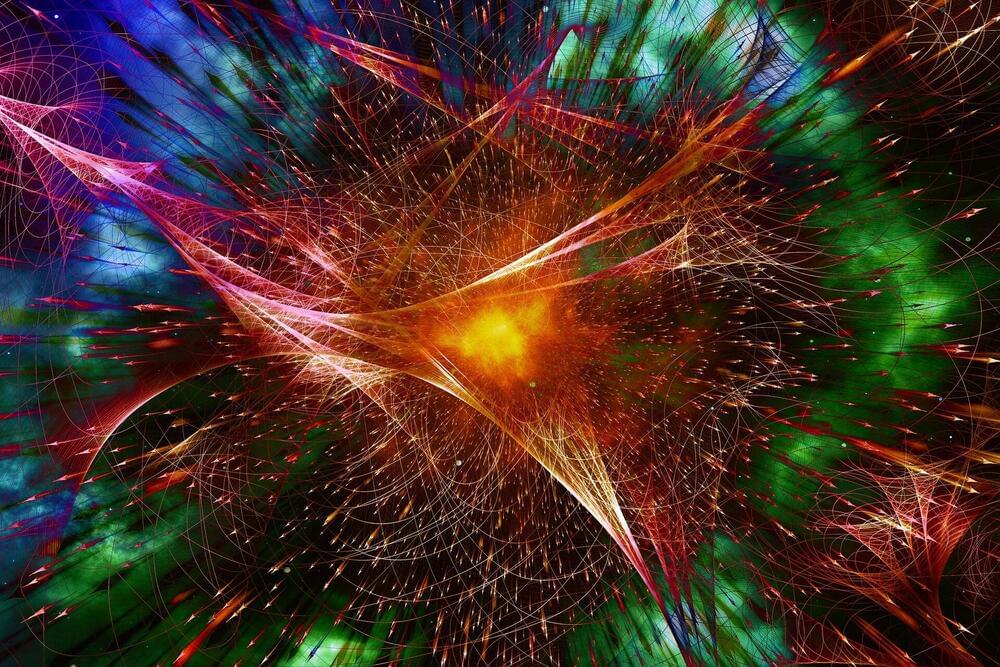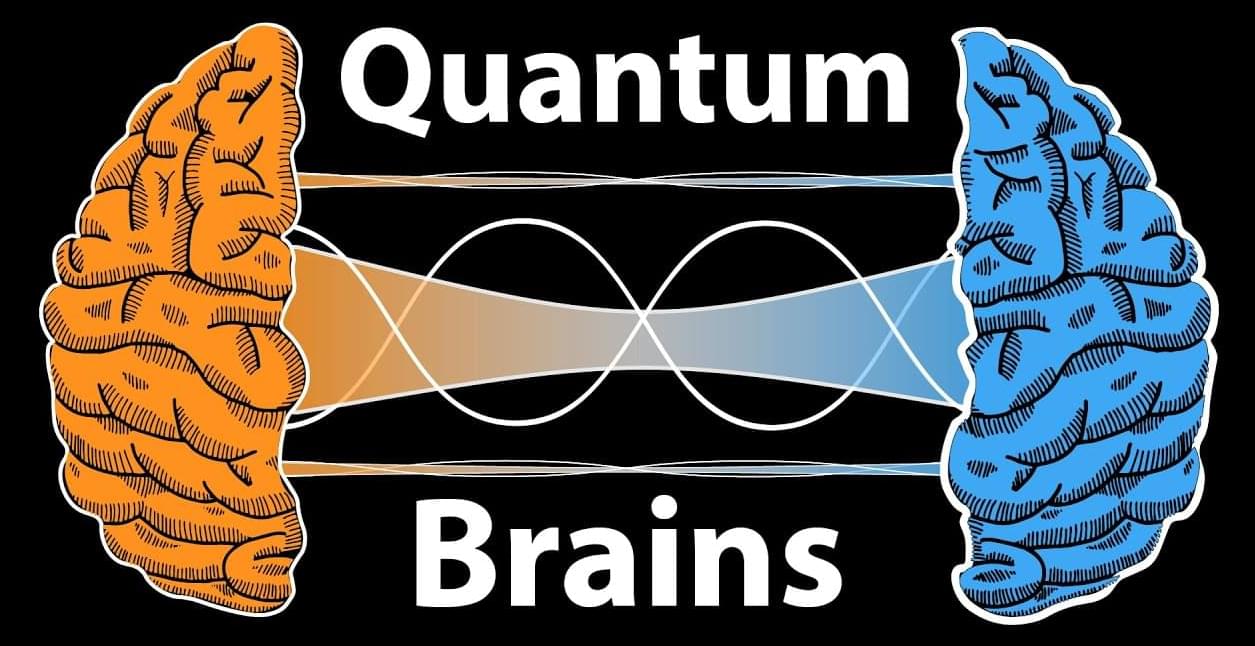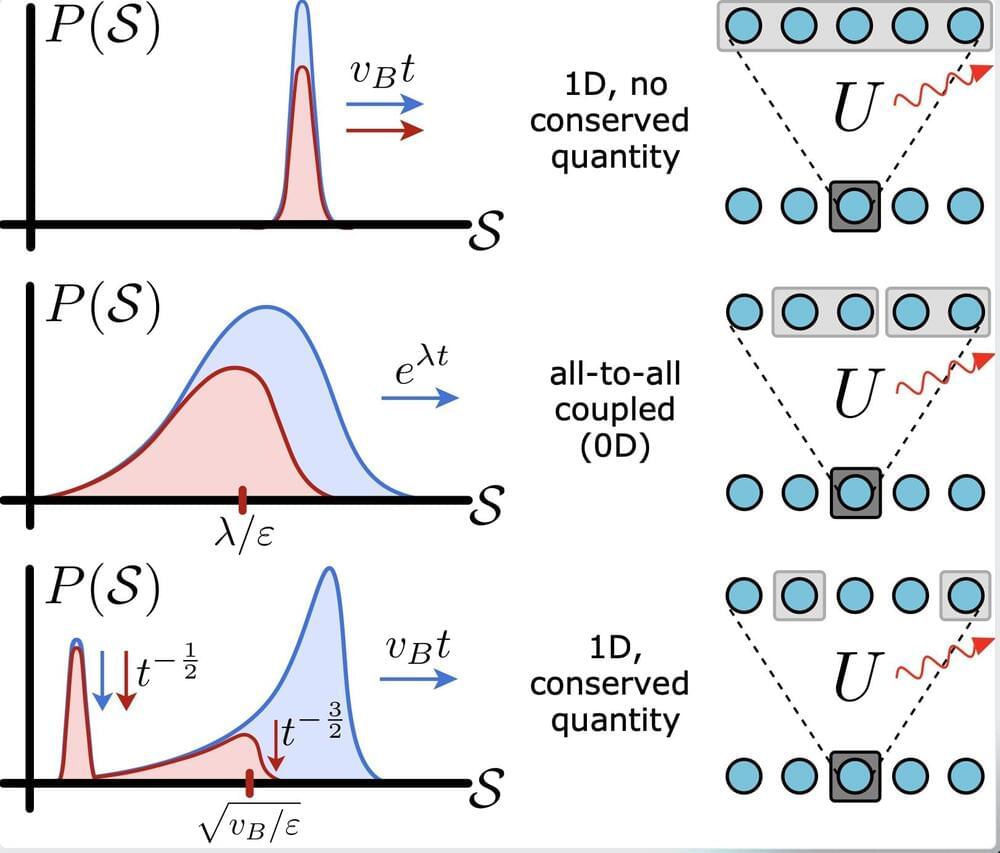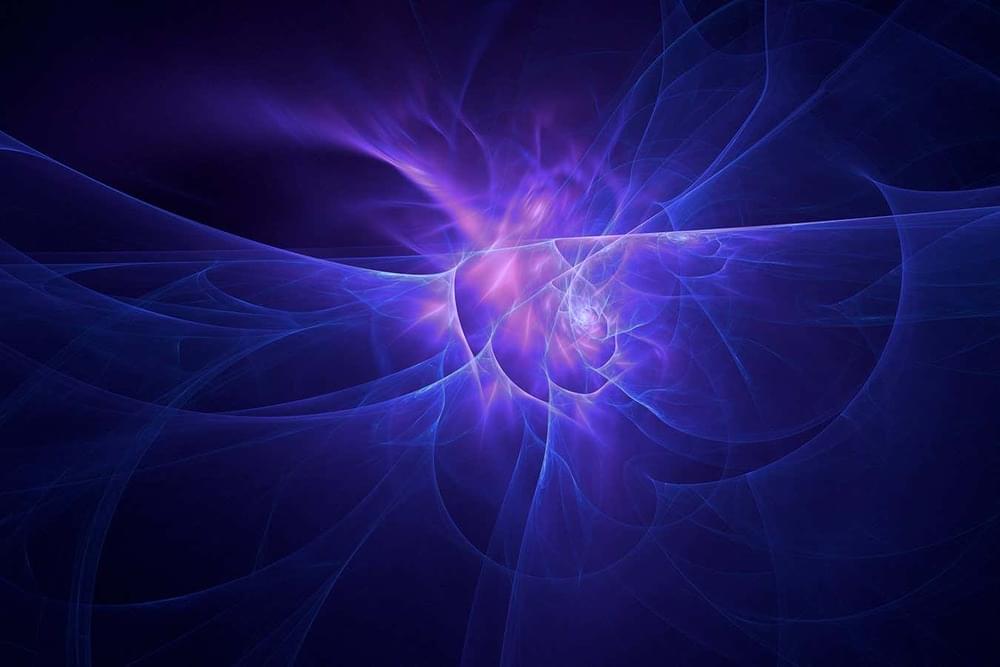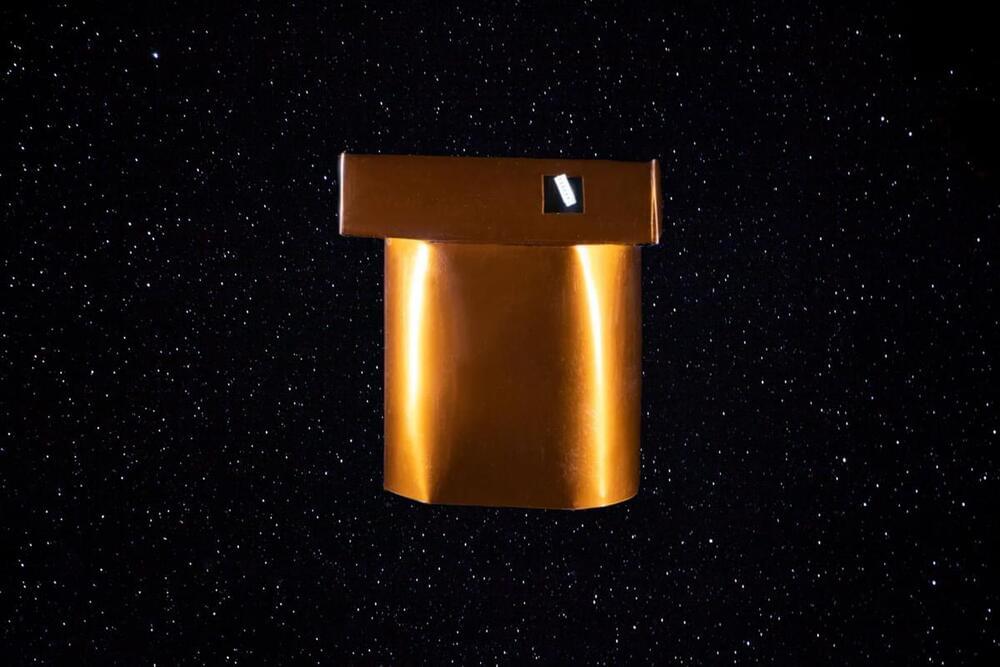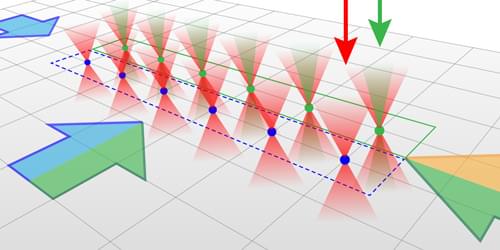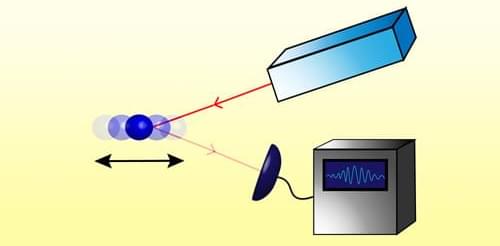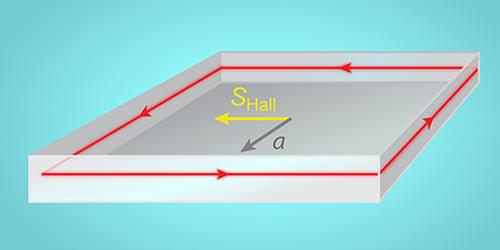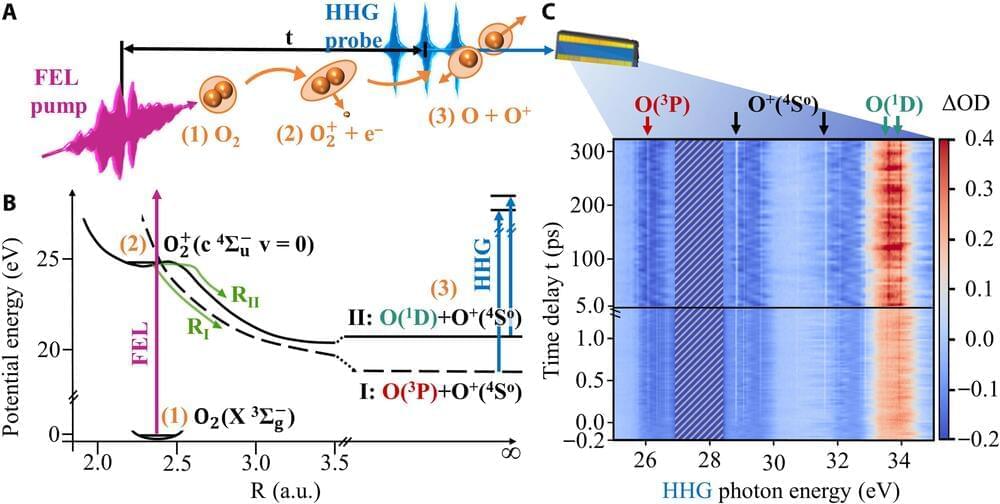Nov 24, 2023
Physicists find evidence of exotic charge transport in quantum material
Posted by Paul Battista in categories: nanotechnology, quantum physics
True to form, a “strange metal” quantum material proved strangely quiet in recent quantum noise experiments at Rice University. Published this week in Science, the measurements of quantum charge fluctuations known as “shot noise” provide the first direct evidence that electricity seems to flow through strange metals in an unusual liquidlike form that cannot be readily explained in terms of quantized packets of charge known as quasiparticles.
“The noise is greatly suppressed compared to ordinary wires,” said Rice’s Doug Natelson, the study’s corresponding author. “Maybe this is evidence that quasiparticles are not well-defined things or that they’re just not there and charge moves in more complicated ways. We have to find the right vocabulary to talk about how charge can move collectively.”
The experiments were performed on nanoscale wires of a well-studied quantum critical material with a precise 1−2−2 ratio of ytterbium, rhodium and silicon (YbRh2Si2). The material contains a high degree of quantum entanglement that produces temperature-dependent behavior.
